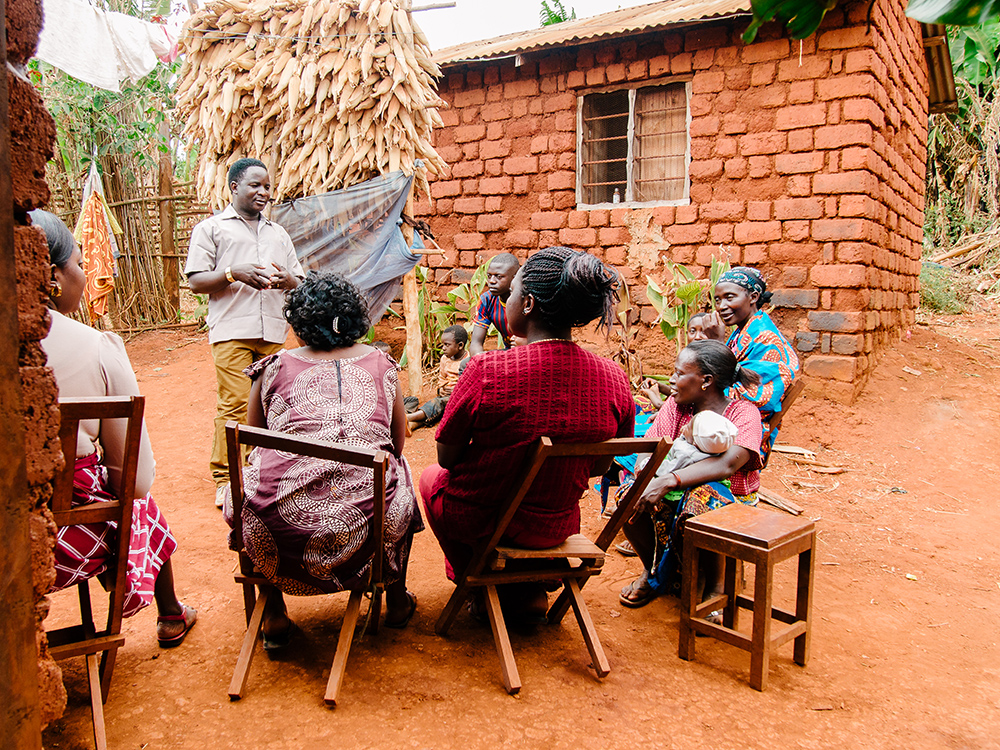According to WHO an estimated 21 million girls aged between 15–19 years in developing countries become pregnant with 12 million of them giving birth annually. Approximately 770,000 births have been recorded among girls under 15 years of age in the developing world.
The teenage pregnancies crisis affects both the developed and developing countries. They are however more likely to occur in marginalised communities influenced by poor socio-economic status, lack of education and insecure livelihoods. Furthermore, teenage pregnancies are fuelled by rape, defilement, early marriages, peer influence, drug abuse and lack of youth friendly reproductive health services.
Commitments from ICPD25+
Globally, the COVID-19 pandemic remains a pain to the society and an indicator of a failing social fabric as well as questioning the public healthcare integrity. Among the commitments made during the Nairobi Summit in November 2019 on International Conference for Population and Development (ICPD 25+), was the need to achieve universal access to sexual and reproductive health and rights as a part of universal health coverage. Through this, nations committed to ensure all adolescents and youth, especially girls access comprehensive and age-responsive information, education and adolescent-friendly reproductive health goods and services so as to be able to make free and informed decisions and choices about their sexuality and reproductive lives. Ideally, this is to adequately protect them from unintended pregnancies, all forms of sexual and gender-based violence, harmful practices and sexually transmitted infections such as HIV/AIDS. These safe guards are necessary in aiding safe transition into adulthood.
The current COVID-19 crisis will definitely complicate the efforts of reducing teenage pregnancies in the coming days. It has caused an immeasurable disruption to every aspect of our lives in the last few weeks. To contain the spread of the novel corona virus, governments have taken drastic measures to curtail its spread. Learning has been suspended, with schools being closed indefinitely. Religious meetings and worship programs have been affected similarly. There will be no more youth programs in the religious institutions including churches and mosques, at least for now.
High risk of increased sexual activity
With a race against time to stop infections; sexual feelings particularly among adolescents have not gone down either. Whether the ‘stay at home’ mantra and curfews in countries like Kenya has penetrated psychologically to enable them act responsibly when it comes to sexual behaviours is not something we can ignore. The harsh reality at this time is that adolescents who now have a lot of time at their disposal could engage in behaviours leading to an increase in unprotected sex. On the other hand, the pandemic could negatively impact on the production and supply chains and soon the availability of contraceptives including condoms might be a challenge. Could we be sitting on a time bomb? These factors could possibly increase teenage pregnancies.
Any unprecedented surge in teenage pregnancies will definitely place a huge burden to the healthcare system that is already overstretched by the pandemic. Furthermore, teenage pregnancies potentially lead to school dropouts as well as jeopardise the girls’ future education and employment opportunities. The likelihood of loss of socio-economic stature of adolescent girls as a result of stigma, rejection or violence by partners, parents and peers is a huge factor. Worse still, premature death resulting from unsafe abortion is a likely outcome.
Sex topics are still largely considered as a taboo in many global south countries particularly sub-Saharan Africa. Many parents would rather have third parties such as ‘aunties’, ‘uncles’ and their friends to have their children taught on even basic issues around sexuality. With the adolescents and teenagers now at home indefinitely and governments imposing varied curfews and lockdowns, the likelihood of the ‘inexperienced’ parents engaging their children in this topic is inevitable. The question is, do they have right information concerning the matter? Are they well equipped to handle this topic? What or who will they turn to? The fact is that adolescents and young people still need the right information to enable them make informed choices. The pandemic has in no way suspended that right. The right to access to reproductive health information and services is now more pertinent more than ever.
Time is now
It is easy to forget sexual and reproductive health rights for teenagers and adolescents at this moment. However, it is also paramount that mitigation measures to stem the spread of the virus should also include innovative government programs that will continue to provide evidence based sexual and reproductive health information and services to adolescents and young people during this period.




